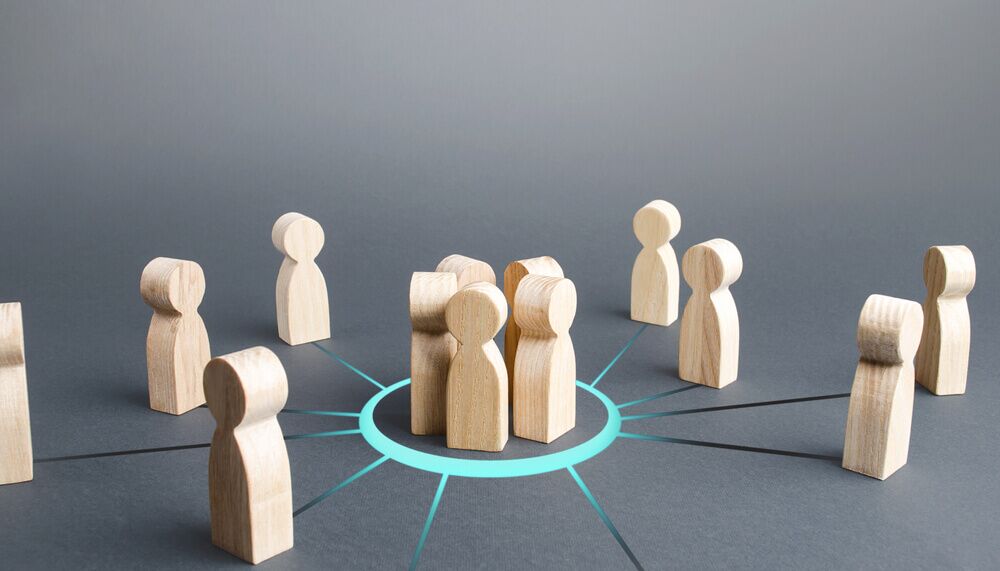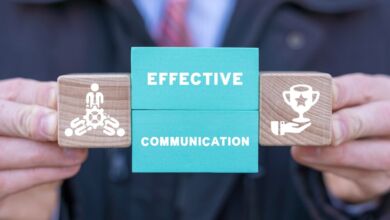Mastering Connection: The 5 Best Ways to Improve Your Communication Skills

Introduction:
Effective communication is the cornerstone of success in both personal and professional realms. Whether you’re navigating the complexities of the workplace, fostering healthy relationships, or simply expressing your ideas, honing your communication skills is a journey worth undertaking. In this article, we’ll explore the five best ways to elevate your communication prowess and build stronger connections with those around you.
- Active Listening:
Communication is a two-way street, and active listening is the foundation on which meaningful dialogue is built. Many misunderstandings and conflicts arise from a lack of attentive listening. To become an active listener, focus on the speaker, maintain eye contact, and avoid interrupting. Show genuine interest in what they’re saying by nodding, providing verbal affirmations, and paraphrasing their points to demonstrate comprehension. By truly understanding others, you pave the way for more meaningful and productive conversations.
- Develop Empathy:
Empathy is the ability to understand and share the feelings of another. It is a powerful tool in communication, fostering deeper connections and mutual understanding. To enhance your empathy, put yourself in others’ shoes and strive to understand their perspectives. Recognize and validate their emotions, even if you don’t necessarily agree. By acknowledging the feelings of those you communicate with, you create an atmosphere of trust and openness, which is essential for effective communication.
- Hone Your Non-Verbal Communication:
Communication is not solely about words; non-verbal cues play a significant role in conveying messages. Pay attention to your body language, facial expressions, and gestures. Ensure that your non-verbal signals align with your spoken words to convey consistency and authenticity. Additionally, be mindful of others’ non-verbal cues to better understand their feelings and reactions. A genuine smile, appropriate eye contact, and open body language can go a long way in enhancing your overall communication skills.
- Practice Clear and Concise Expression:
Clarity is key to effective communication. Whether you’re conveying ideas, instructions, or emotions, strive for clear and concise expression. Avoid unnecessary jargon or complexity that may lead to confusion. Structure your thoughts before speaking and choose words carefully. Tailor your communication style to your audience, ensuring that your message is accessible and easily understood. When your ideas are communicated with clarity, you reduce the likelihood of misunderstandings and contribute to a more positive and productive communication environment.
- Seek Constructive Feedback:
Continuous improvement is vital for refining your communication skills. Actively seek feedback from colleagues, friends, or mentors regarding your communication style. Constructive criticism provides valuable insights into areas for improvement, allowing you to address weaknesses and build on strengths. Be open to feedback, and use it as a tool for personal and professional growth. Additionally, observe effective communicators in your environment, learn from their techniques, and adapt them to suit your unique style.

Conclusion:
Effective communication is an evolving skill that can be refined and perfected over time. By actively engaging in the process of improvement, you not only enhance your ability to express ideas clearly but also strengthen your connections with those around you. The five strategies discussed—active listening, developing empathy, honing non-verbal communication, practicing clear expression, and seeking constructive feedback—provide a comprehensive framework for elevating your communication skills.
As you embark on this journey of self-improvement, remember that communication is both an art and a science. It requires a delicate balance of verbal and non-verbal elements, empathy, and a commitment to continual growth. By incorporating these strategies into your daily interactions, you’ll not only become a more effective communicator but also contribute to a more collaborative, understanding, and harmonious social and professional environment. Mastering the art of communication is a lifelong endeavor that reaps rewards in both personal and professional spheres, making it a pursuit well worth the investment of time and effort.


